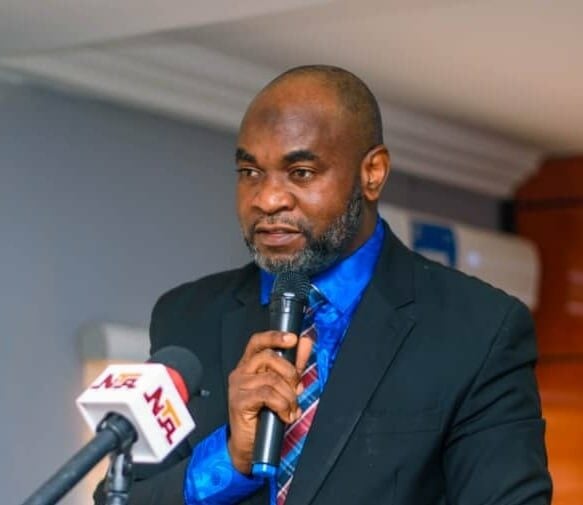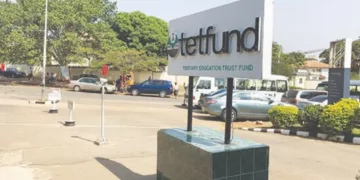The vice chancellor of the African School of Economics (The Pan-African University of Excellence), Abuja, Prof. Mahfouz Adedimeji, has tasked Nigerians, especially the youth, to embark on measures that will safeguard them from poverty despite the state of the economy.
Adedimeji gave the charge in a lecture titled , “Overcoming Economic Crisis and Multidimensional Poverty: Exploring Pathways to Prosperity”, which he delivered at the October edition of the lecture series organised by the University of Ilorin Muslim Graduates Association (UNILOMGA) in commemoration of the 50th anniversary of the university.
According to the vice chancellor, it has been established right from the beginning of time and documented by Plato that the primary needs of human beings are food, clothing and shelter, which are all economic.
He noted that if the basic economic needs are met, many challenges facing millions of people would be overcome, adding that this philosophy accounts for the infusion of economic literacy as a cornerstone of the training of students in his university regardless of their disciplines.
While explaining multidimensional poverty as the type of lack that is characterised by absence of education, poor health, inadequate living standards and lack of access to basic services, Adedimeji said that escaping poverty for individuals requires capacity development through education, production of marketable products and acquisition of skills that generate income or rendering payable services.
The don, who is a chartered world encyclopedist and Fellow of the Corporate Administration of Nigeria, also stressed that minimising expenditure and maximising income are two time-tested strategies of coping with a crisis-prone economy while encouraging young people to cultivate the habit of volunteering because it is part of gaining experience and attracting future opportunities.
In differentiating economic crisis from economic instability, economic stability, economic independence and economic freedom, Adedimeji said that such variables as economic factors, social inequalities, political instability and environmental challenges are key determinants of multidimensional poverty in Africa, noting that poverty in rural Nigeria is 75% based on World Bank statistics.
He noted that the reforms made by the administration of President Bola Tinubu are already showing positive signs as the value of Naira is gradually increasing against foreign currencies while the real GDP has risen from 3.0% that it was in 2024 to 4.23% now.
The pathway to prosperity for Nigeria, he said, lies in diversifying the economy, education and skills development, healthcare improvement, social safety nets, infrastructure development as well as good governance and accountability. He also urged Nigerians to embrace work ethics, and have faith, trust, patience and hope.





